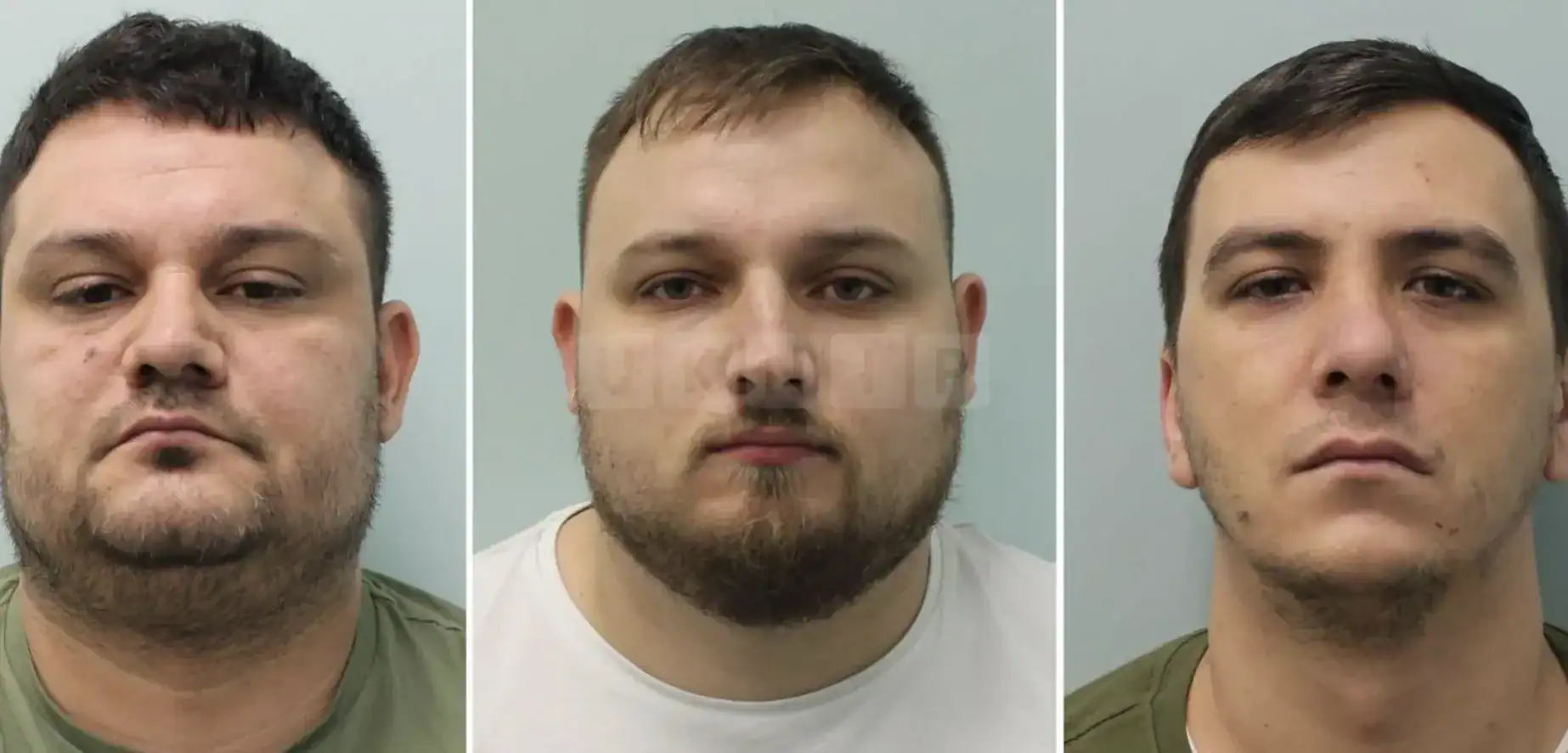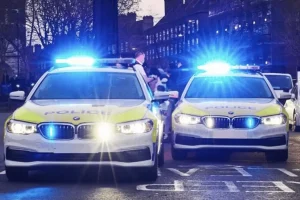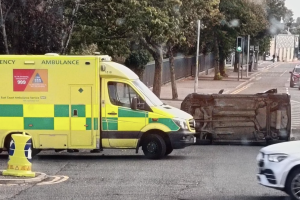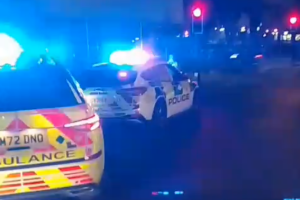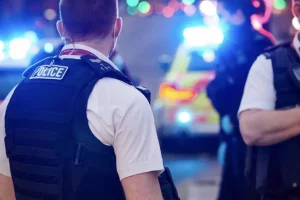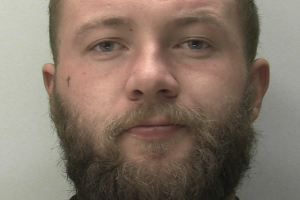Here’s the full, professionally structured news article based on everything you provided:
In a major victory against modern slavery, seven individuals have been sentenced at Sheffield Crown Court for their roles in a sex trafficking ring that exploited young women across Newcastle upon Tyne, Doncaster, Ilford, and Norwich.
The network trafficked 14 Romanian women between 2016 and 2019, luring them to the UK with false promises of legitimate work before forcing them into prostitution under brutal and exploitative conditions. Victims, aged in their 20s and 30s, endured severe sexual, physical, and financial abuse, with traffickers seizing their earnings and tightly controlling their lives.
The Investigation: Breaking a Cross-Border Network
The convictions follow a five-year joint operation between South Yorkshire Police and Romanian Police, supported by the National Crime Agency (NCA), Northumbria Police, and Europol.
Investigators uncovered a sophisticated franchise-style criminal network through painstaking efforts, tracing phone records, monitoring cash flows, and tracking vehicles suspected of transporting victims. The work revealed an extensive, profit-driven trafficking operation.
In November 2019, six suspects were arrested for human trafficking, money laundering, and controlling prostitution for gain. A seventh was apprehended in July 2020.
Sentencing: Justice for Victims
Following a five-week trial in 2024, all seven defendants pleaded guilty to controlling prostitution for gain. On April 25, 2025, the court handed down the following sentences:
- Valentin Badica, 39, and Cristian Damaschin, 35, both of Newcastle — two years and eight months each.
- Ionica Badica, 34, also of Newcastle — two years and two months.
- Mihaela Matei, 28; Ionut-Leonard Bahica, 38; Adrian Cioroaba, 33; and Iuliana Mavroian, 41 — received suspended sentences ranging from 11 months to one year and ten months, with additional requirements such as unpaid work and rehabilitation orders.
Detective Sergeant Rachael Smith, who led the investigation, said:
This has been an extensive investigation that has led to the successful shutdown of a dangerous organised crime group. The bravery of the victims and the dedication of investigators made this outcome possible.”
The Broader Context: Modern Slavery in the UK
Modern slavery remains a serious issue in the UK. According to the Salvation Army, 230 victims were rescued in the North East alone between July 2021 and June 2022. The Modern Slavery Act 2015 provides the legal framework for tackling such crimes, with sentencing guidelines introduced in 2021 allowing for up to 18 years’ imprisonment for the most severe offences.
The National Crime Agency reported 98 suspected victims in the North East in 2018, including 40 children, highlighting the ongoing scale of the problem.
Victims are often coerced into labour exploitation, sexual exploitation, or domestic servitude, typically targeted due to poverty, immigration status, or vulnerability.
Support for Victims and Prevention Efforts
The 14 women rescued in this case have been receiving specialist support in Romania to aid their recovery from years of trauma.
Organisations like the Salvation Army and Newcastle City Council play vital roles in providing safe houses, counselling, and rehabilitation support for survivors. A multi-agency approach involving police, local authorities, and charities remains critical in safeguarding victims and preventing re-exploitation.
Businesses are also required to comply with the Modern Slavery Act’s transparency requirements, ensuring that their supply chains are free from exploitation. For example, Newcastle United has established policies to mitigate modern slavery risks in its operations.
Authorities continue to stress that public vigilance is essential. Suspicious activity related to exploitation can be reported to the Modern Slavery Helpline at 0800 0121 700.
A Step Forward, But the Fight Continues
The successful prosecution and sentencing of the trafficking ring serve as a reminder that modern slavery thrives in hidden spaces — but with continued collaboration, vigilance, and international cooperation, more victims can be rescued and offenders brought to justice.


